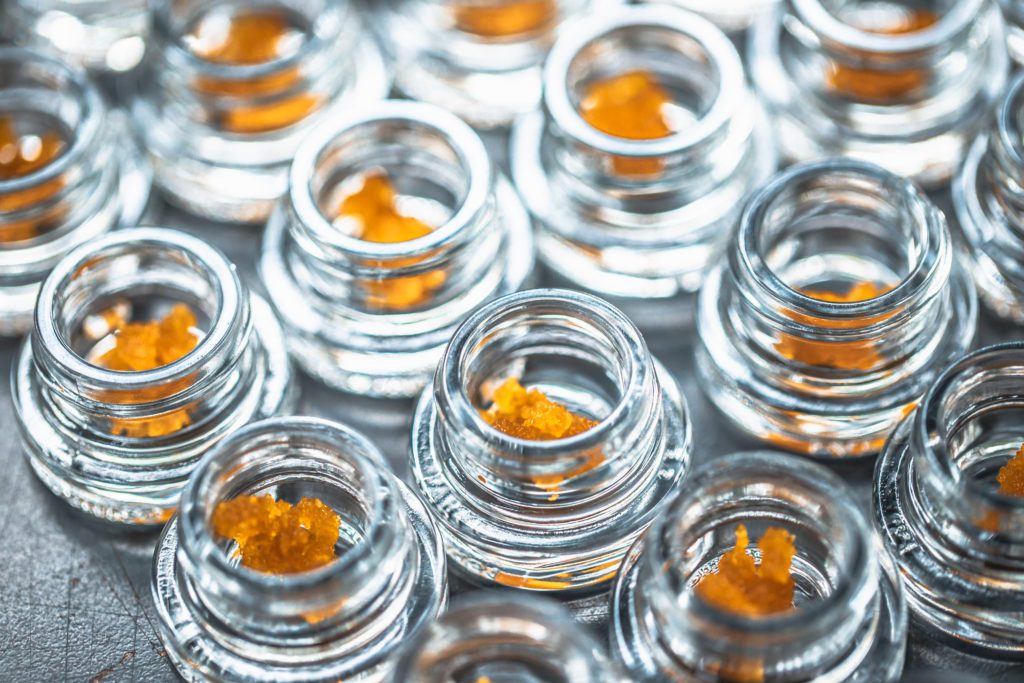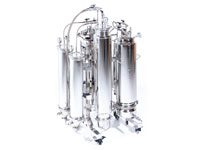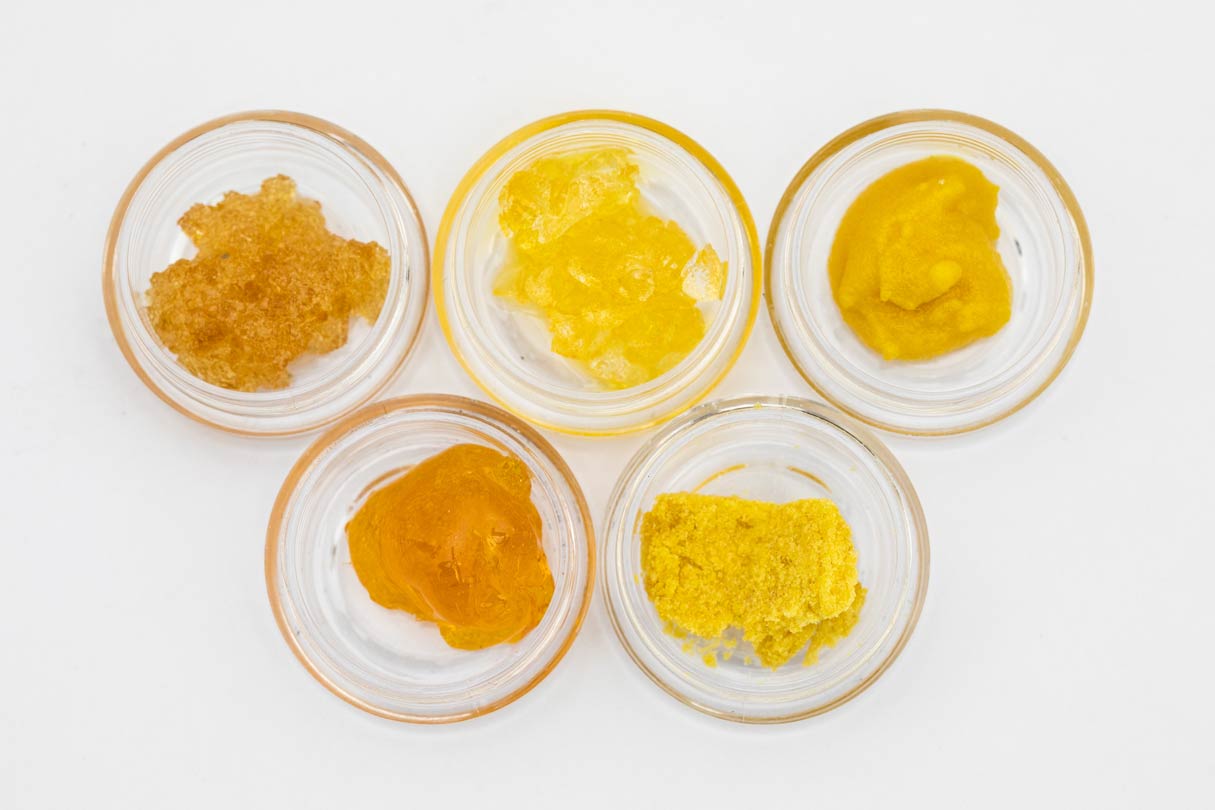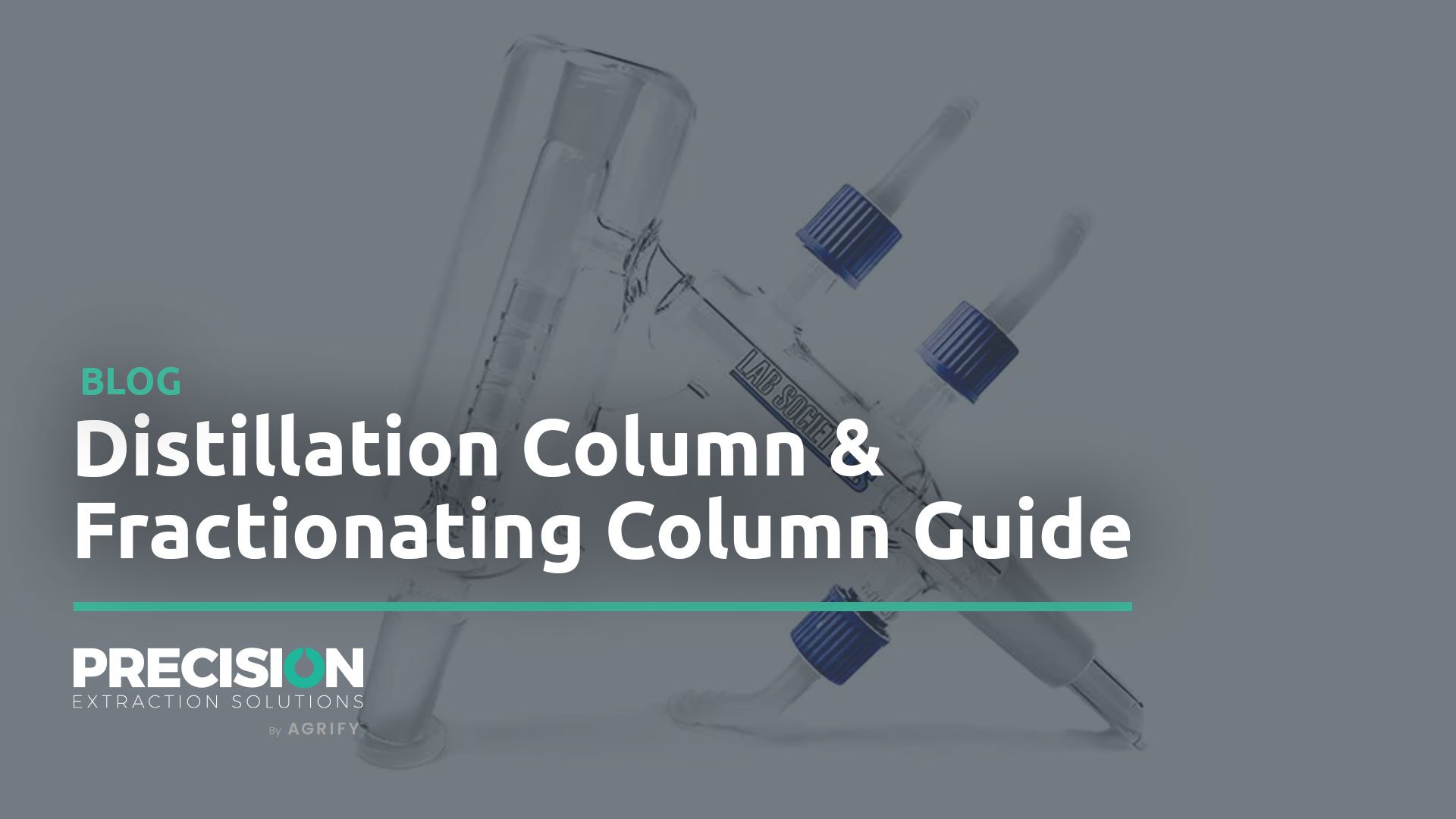
The hydrocarbon extraction process is an extraction technique that uses hydrocarbon solvents to extract cannabinoids and terpenes from cannabis plant material.
Cannabis industry professionals highly regard the hydrocarbon extraction method due to its low cost, high efficiency, and extraction quality. It’s no surprise that the hydrocarbon extraction process has become a widely popular choice for extraction in recent years.
What is Hydrocarbon Extraction?
Hydrocarbon extraction uses hydrocarbon solvents to strip cannabis plant material of desirable compounds like tetrahydrocannabinol (THC), cannabidiol (CBD), and terpenes. These compounds are isolated into a concentrate and can be further refined to produce a wide variety of concentrated extracts, like cannabis oil, hash or wax. Butane and propane are the most popular choices of hydrocarbon solvents for the hydrocarbon extraction process, but each extracts subtly different ratios of cannabinoids and terpenes.
Both are non-polar, flammable, liquefied gases. They both have low boiling points, but propane’s is significantly lower (-43.6 °F vs. 31.1 °F). Propane’s low boiling point is excellent for preserving temperature-sensitive terpenes. Propane, however, is much more expensive than butane and has a higher operational pressure. For this reason, it’s common to see blends of butane and propane in the hydrocarbon extraction process to get the best of both worlds. A gas mixture strips additional terpenes and purges more efficiently than butane alone.
How Does Hydrocarbon Extraction Work?
Solvents are substances that can dissolve other substances, molecules, and compounds. Water is probably the best-known solvent and is known as the “the universal solvent.” However, everyone is probably familiar with the fact that water is unable to dissolve oil. When mixed, oil will always eventually separate from water.
Water is a polar molecule, and oils (fats, lipids, and other hydrocarbons) are non-polar. “Likes dissolve likes” is a common phrase learned in chemistry class. It refers to the polarity of molecules; polar molecules are best at dissolving other polar molecules, and the same applies to non-polar molecules.
Polar molecules, like water, are polar because of their chemical makeup. Water is made up of two hydrogen atoms and one oxygen. Since oxygen is more electronegative than hydrogen, a partial negative charge develops around the oxygen atom, and partial positive charges develop around the hydrogen atoms. The partial charges make the water molecule (and other non-polar molecules) kind of like a magnet.
Non-polar molecules include everything from fats and lipids to oil and gas. Many of them are chains of carbon and hydrogen atoms (hence their name hydrocarbon). Carbon and hydrogen are comparable in electronegativity, so no partial positive and negative charges develop.
How Hydrocarbons Interact with Cannabinoids & Terpenes
The hydrocarbon extraction process utilizes “likes dissolve likes” to make cannabis extracts. Cannabinoids and terpenes are found in sticky resin in structures on the cannabis plant called trichomes. Trichomes are like fine hairs that cover the outer tissue of many plants. If you look at the chemistry of cannabinoids and terpenes, you will see that they are organic molecules, made up of lots of carbon and hydrogen atoms. Resin too is organic in composition; it’s just a sticky polymer that holds all the cannabinoids and terpenes together. These hydrocarbon skeletons give cannabinoids, terpenes, and resin non-polar dispositions.
In the hydrocarbon extraction process, butane, propane, or a mixture washes over the resin-filled trichomes of cannabis plant material. Because the solvent that is used is non-polar, it can dissolve the non-polar resin.
Sometimes, industry professionals use polar hydrocarbon solvents, like alcohol (in the form of ethanol). Although alcohol is capable of dissolving cannabinoids from cannabis, it also dissolves polar, water-soluble molecules of the plant, like chlorophyll. Chlorophyll produces a bitter flavor in the concentrate and is ultimately considered undesirable.
Walking through the Hydrocarbon Extraction Process
Quality Plant Material
Cannabis plant quality directly affects the quality of the finished concentrate, regardless of the extraction method used. Plant material should be stored in vacuum-sealed bags in a cool, dark place. Proper storage limits exposure to ultraviolet rays, heat, and oxygen, which all degrade cannabinoids.
Primary Extraction
Cold, pressurized hydrocarbon solvent moves from the solvent tank into the material column, where it washes over the cannabis plant material. This washing dissolves the cannabinoids and terpenes from the trichomes of the plant.
Refinement of the Concentrate – Winterization
After the wash, the system technician refines the concentrate. Winterization is a process that removes plant lipids through the use of a secondary solvent, freezing, and filtration.
Filtration
The concentrate is then purged of all hydrocarbon solvent as the solvent is pushed back into the solvent tank. Purge methods and durations vary depending on what is the goal of the finished product. For example, to create shatter, the concentrate is then put into a vacuum oven for two days, to purge all remaining solvent with low heat slowly.
Concentrate Collection
Once the purge is complete, the system operator collects the concentrate.
Precision Hydrocarbon Extraction Equipment
The hydrocarbon extraction process is s preferred extraction method for top cannabis industry professionals. The hydrocarbon extraction process isolates desirable compounds like THC and CBD into a concentrate. Industry professionals choose Precision Extraction systems for their quality, safety, and precise operation in the hydrocarbon extraction process.

Hydrocarbon Extraction Systems
- Closed loop systems
- Utilize butane and propane solvents
- Suitable for cannabis or hemp
- Small to large volume commercial production
- Ergonomic design & easy to use
- C1D1 compliant








